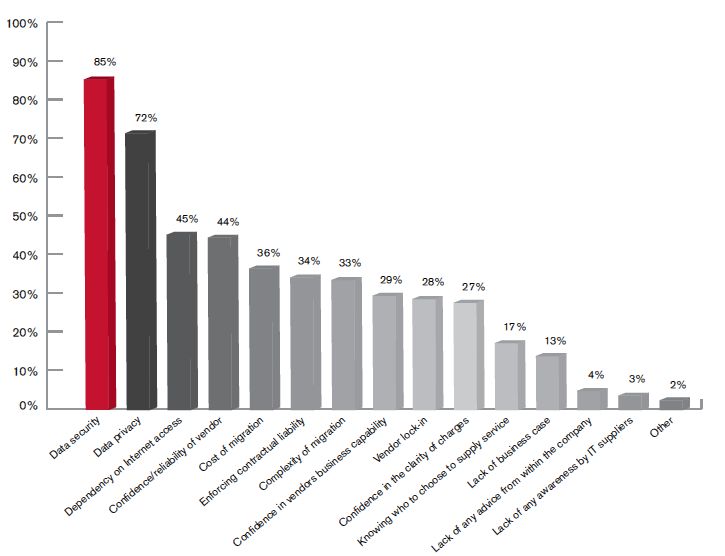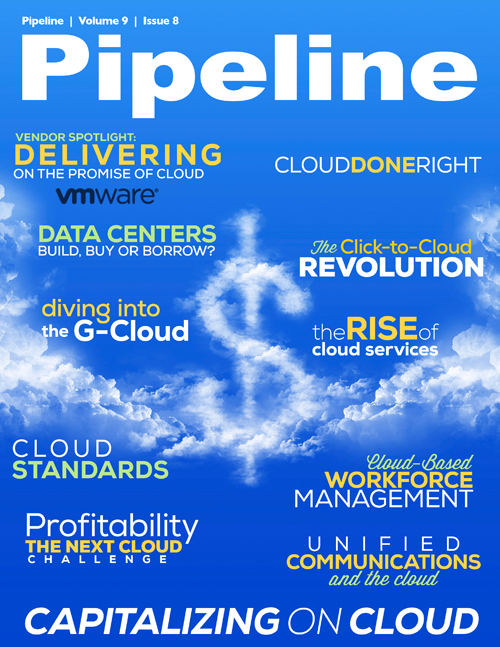Cloud Done Right
By: Jesse Cryderman

Cheaper. Scalable. On demand. Try before you buy.
Everyone working in IT and telecommunications understands the basics of what “the cloud” is and what kinds of benefits it can offer. Gallons of ink have been spilled attempting to define it and the myriad of anything-as-a-service (XaaS) applications. While definitions are useful in framing discussion, the cloud remains a bit, well, cloudy, and for the purposes of monetization, that’s just fine. As Brian Kracik, communications industry director at Oracle, told Pipeline, “The definition of cloud is not binary, but rather a continuum.”
The important questions aren’t related to a definition, anyway, but rather needs: what do your customers want from cloud services, and how do you build a portfolio that meets their needs? A one-size-fits-all approach based on definitions isn’t going to cut it. Each customer consumes cloud services in his or her own unique way, so the cloud product catalog must be flexible.
Perhaps you deliver cloud services through a third party. Do you know if your cloud is secure and robust enough for really valuable business data and services? In a true cloud environment, as opposed to a hosted one, entire web apps and their associated data are distributed, not just the component pieces. Are your cloud services hosted interregionally or intraregionally? Can you offer both? How scalable is your infrastructure? How secure is your data?
To effectively monetize the cloud, each service must be customizable, and will find its place on the cloud continuum based on the unique business case it supports. Along this continuum are varying degrees of security and redundancy, hybrid solutions that rely on the public cloud for certain elements and the private cloud for others, and clear data-security and storage policies baked into every element of the cloud solution and each service-level agreement (SLA).
Key considerations for your cloud services
“When it comes to the cloud, one size does not fit all,” says John Potter, vice president of service solutions with AT&T Business Solutions. In this era of personalization and customer experience management, each cloud service must be weighed against several considerations to create the best supporting business strategy and sales story. Plus, the capability of delivering customized cloud solutions to enterprise customers can be an important differentiator in the market. According to a white paper recently published by the UK-based service provider Claranet, “Many cloud providers veer away from tailored solutions and toward a mass commoditised style of service,” but for enterprise customers “such an approach will only have a limited value.”
Viewed through the lens of customer requirements, security and stability are crucial top-of-mind issues in the cloud. As you can see in figure 1, data security is by far the number one concern for decision makers when considering a move to the cloud.

Source: Claranet



















